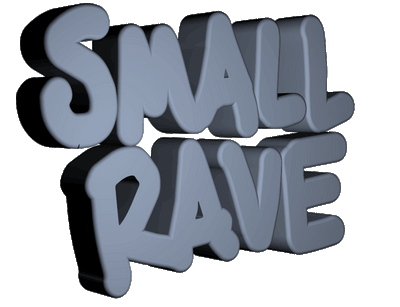Help! How The Heck Does A CDJ Work?! Tips For First Timers
Author: Fergus Burnett
Date: January 15th 2023
As dance music continues to surge in popularity, more and more people are taking up DJing, thanks in part to the increased accessibility of DJ controllers. However, the prospect of using the club industry standard setup can be intimidating for new DJs. The CDJ, first introduced by Pioneer in 1994, has since become the industry standard for DJ decks, replacing the traditional turntables.
How does a CDJ work?
The CDJ, or Compact Disc Jockey, is a standalone music player that plays music from a USB flash drive or SD card. Unlike DJ controllers, which are single units connected to a laptop, CDJs require at least two units and a DJ mixer to be used effectively.
Before using a CDJ for the first time, it is important to prepare your tracks using Pioneer's Record Box software. This software will analyze your digital music to determine its BPM (beats per minute) and key, making it easier to select tracks that mix well together. You can organize your music into playlists to suit your DJing style and preferences.
Once you have created your playlists in Record Box, you can export them to a USB drive or SD card. Simply plug the drive or card into the CDJ and you're ready to start mixing. With the ease of use and accuracy provided by Record Box, transitioning to a CDJ setup from a DJ controller or other software can be a smooth and enjoyable experience.
 4afdb286e2b5f43e1b0a201007322c5/ Urban Outfitters / Pinterest
4afdb286e2b5f43e1b0a201007322c5/ Urban Outfitters / Pinterest Why do Dj’s use CDJ’s instead of controllers?
DJs use CDJs instead of controllers for several reasons. One of the main reasons is reliability. There is no need for a laptop, which can crash or have technical difficulties during a performance. CDJs are also less likely to experience issues such as lag or low sound quality compared to a controller connected to a laptop.
Another reason why DJs prefer CDJs is due to their intuitive design and user-friendly interface. CDJs have jog wheels, cue buttons, and looping functions that are similar to traditional DJ turntables, making them easier for DJs to navigate and use. This allows for a more seamless and natural performance compared to using a controller with a computer.
Another factor that makes CDJs more appealing to DJs is their durability and portability. CDJs are built to withstand the rigors of live performances, making them ideal for gigging DJs who are constantly on the move. They are also compact and lightweight, making them easy to transport to gigs, compared to a bulky laptop setup.
 David Silva / Pinterest /c7eec979ab8ca646599afb3f328f0272
David Silva / Pinterest /c7eec979ab8ca646599afb3f328f0272
In conclusion, CDJs are a reliable, intuitive, durable, and versatile choice for DJs. They offer a seamless and natural performance, making them a popular alternative to DJ controllers.



Leave a comment